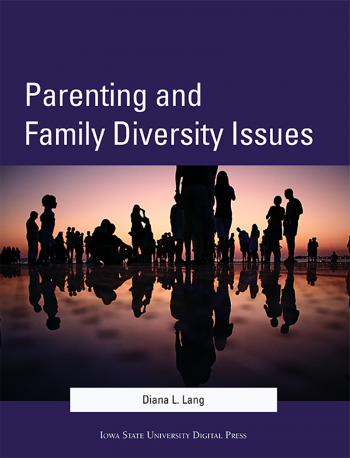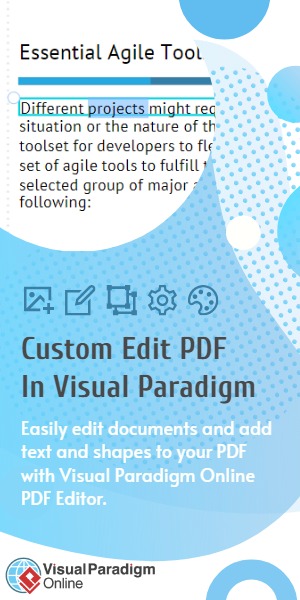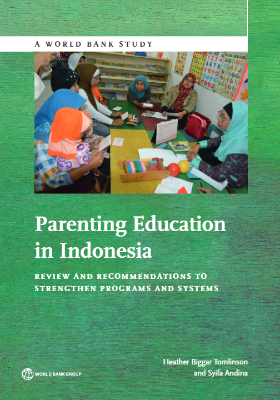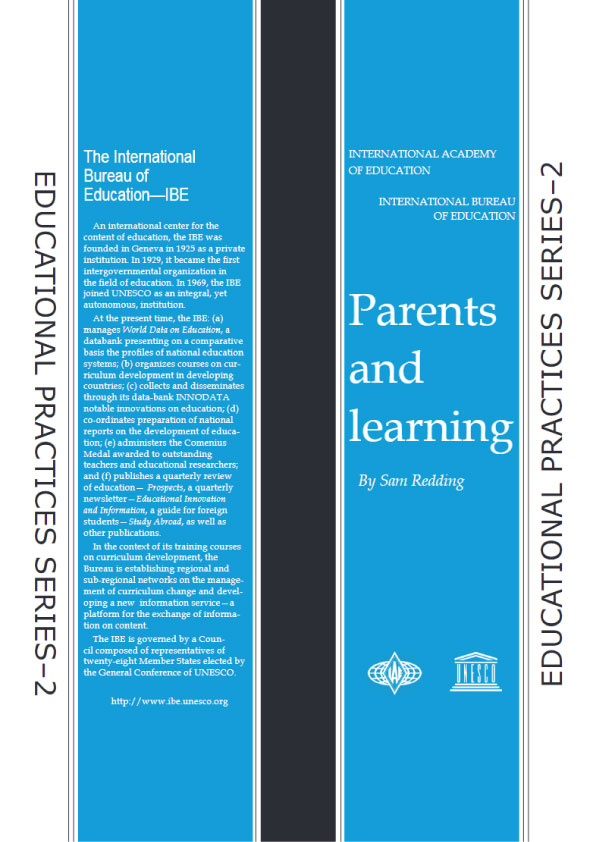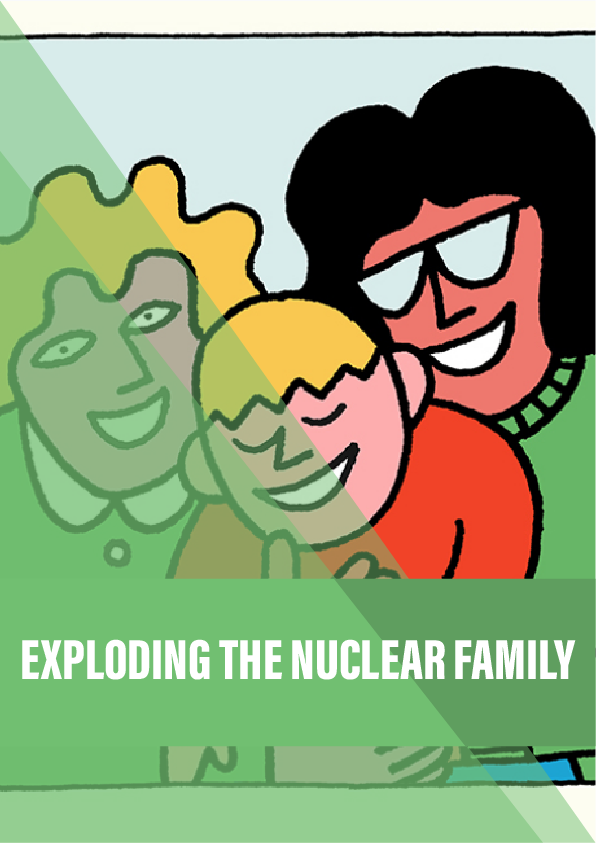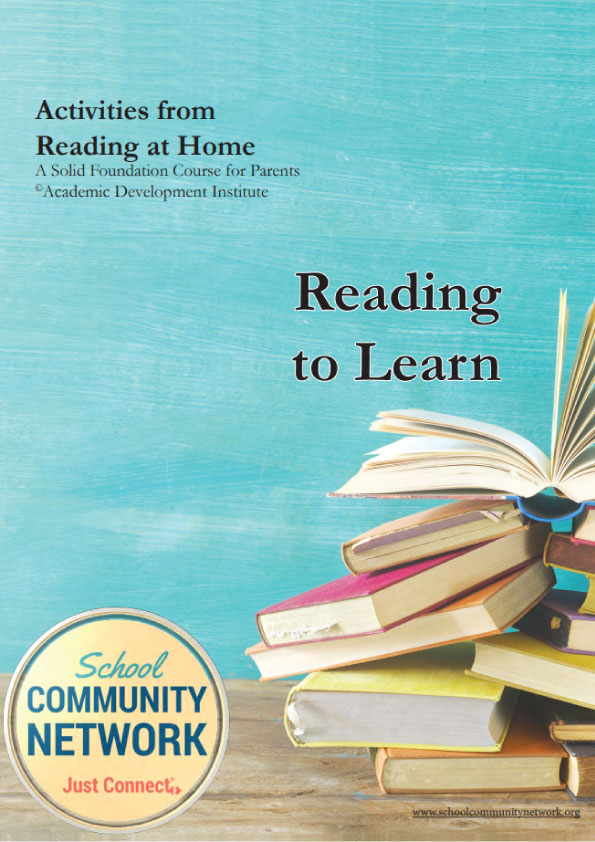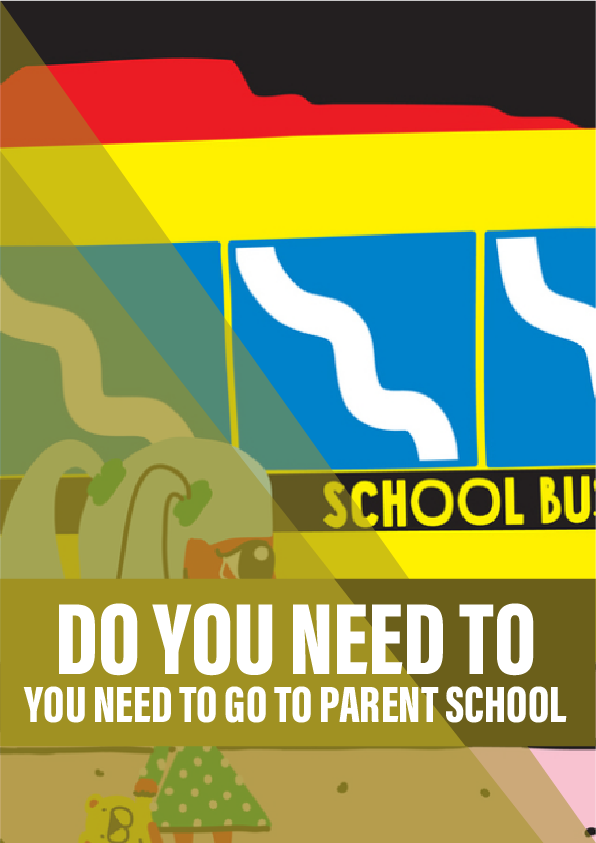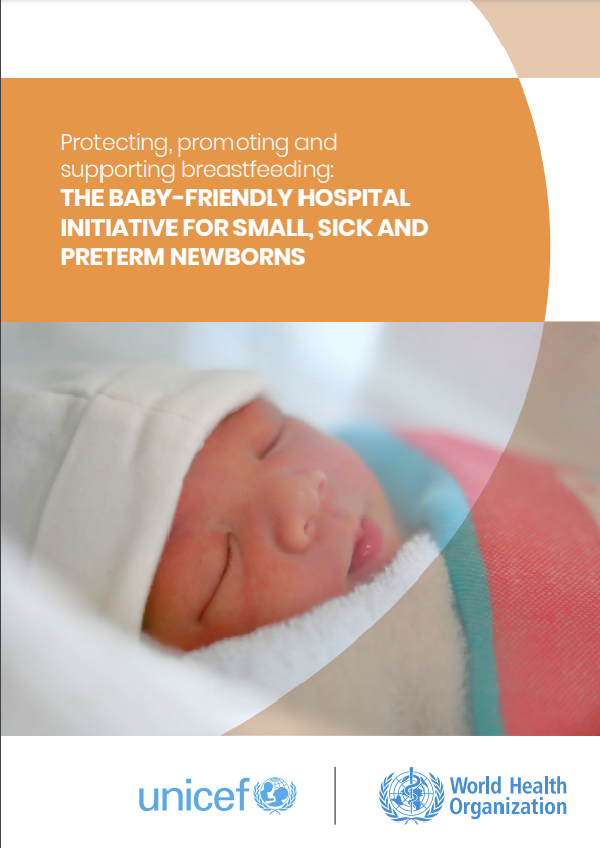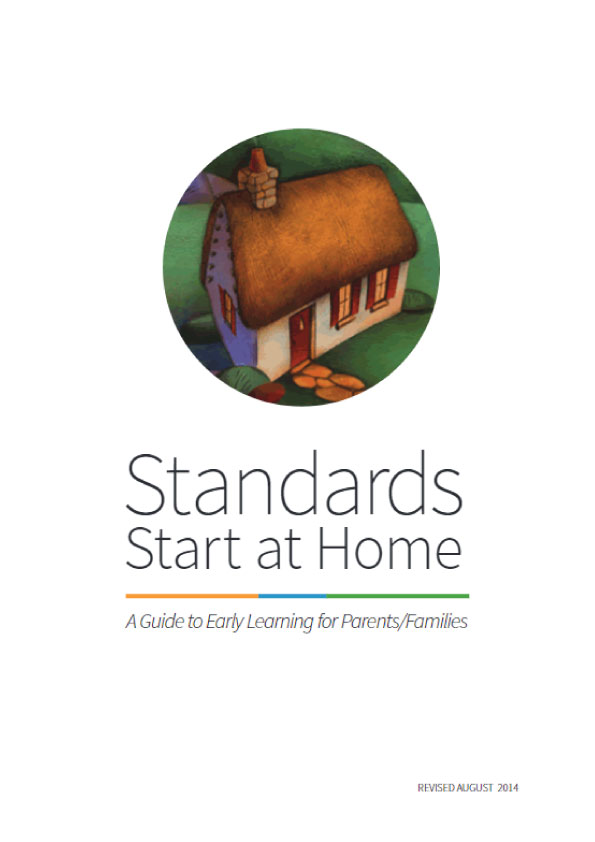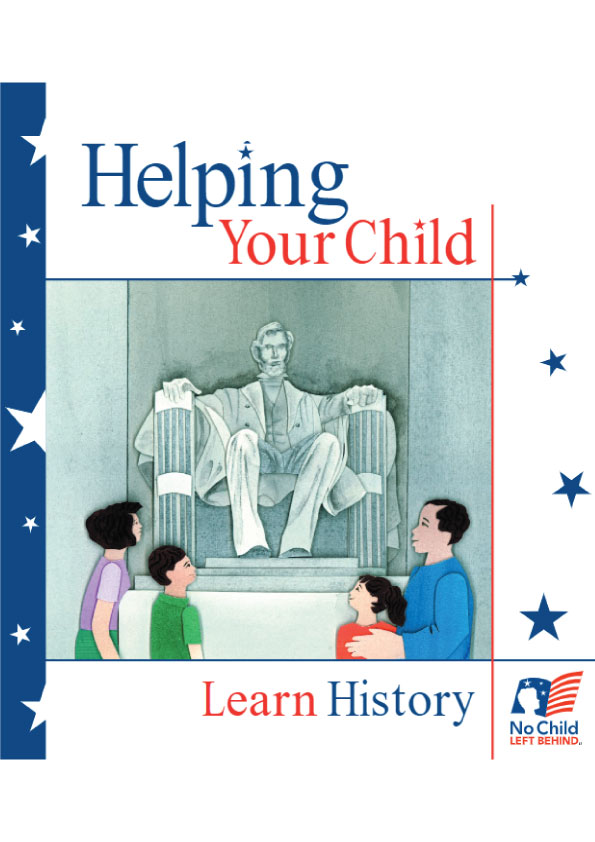Key Concepts
Parenting, child-rearing, care-giving, and parenting education are key concepts that can impact child outcomes. Therefore, it is imperative to provide definitions of each concept before learning about “parenting.” I invite you to critically think about each concept and analyze how the information within this book can be applied to each of these words.
Parenting is a process of raising, promoting, and supporting the physical, emotional, social, and cognitive development of a child to adulthood and across the lifespan.
Child-rearing is oftentimes defined interchangeably with parenting. However, there are many non-parental figures (e.g., society, day care providers, teachers, governments) who offer similar types of care without being a child’s legal “parent.”
Care-giving is the act of assuming the main responsibilities for someone who cannot provide all basic needs for oneself. Examples might include a parent, day care provider, trained professional, or family member.
Parenting education is a process that can help caregivers (and prospective caregivers) understand how to provide developmentally-appropriate care in a safe, loving, nurturing, and stable environment that contributes to a child’s positive health and well-being. Successful parenting education provides participants with individualized, culturally-relevant knowledge, resources, strategies, tools, networking support, and guidance regarding best-practice approaches to child-rearing. The goals of parenting education include caregivers learning and implementing this information to facilitate a child’s long-term, positive, emotional, social, physical, and cognitive development.
